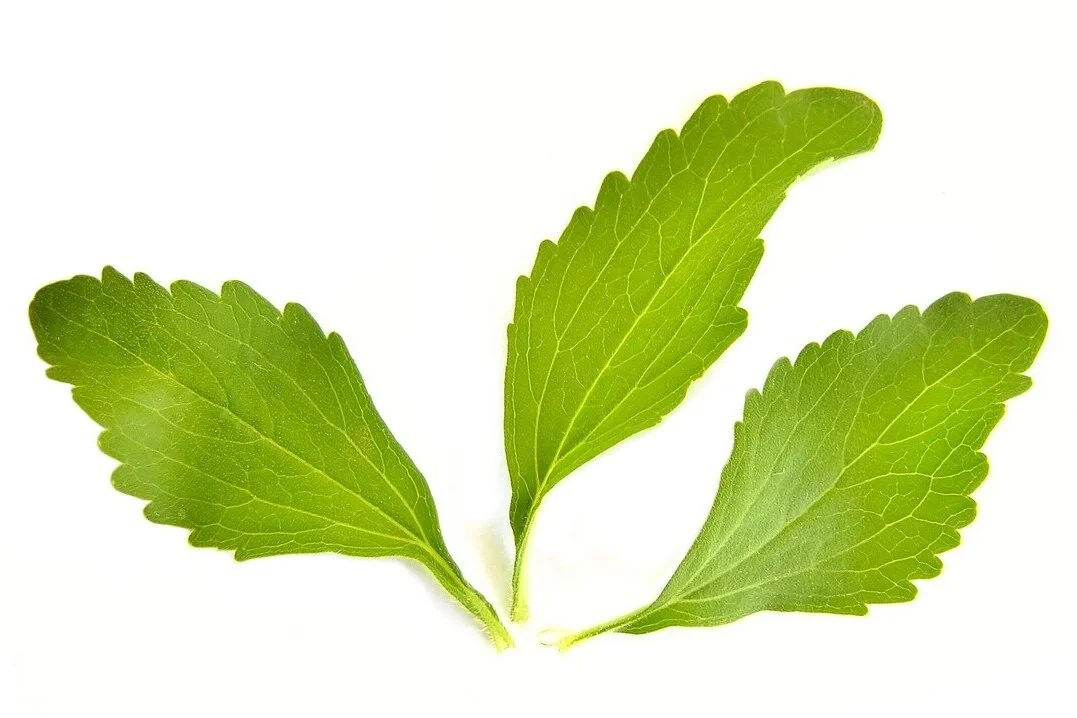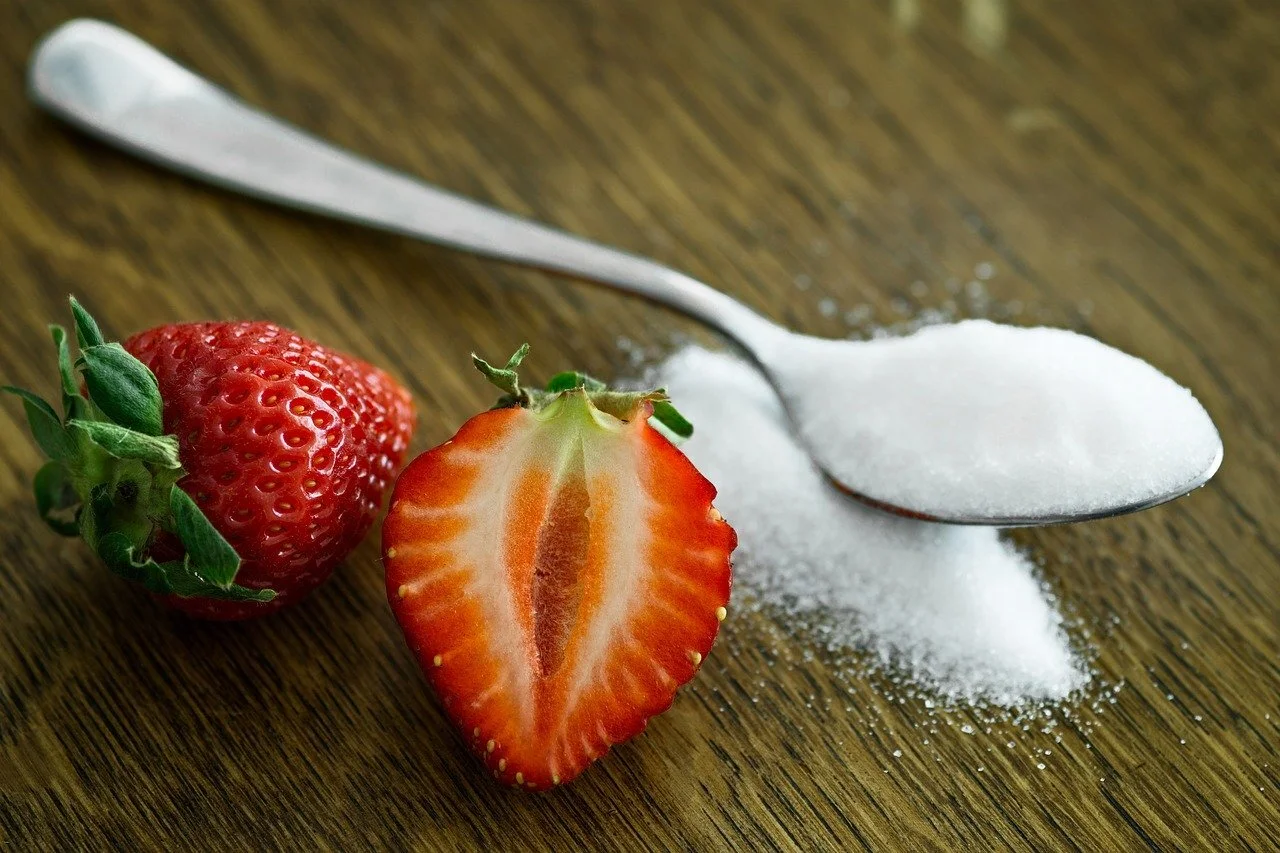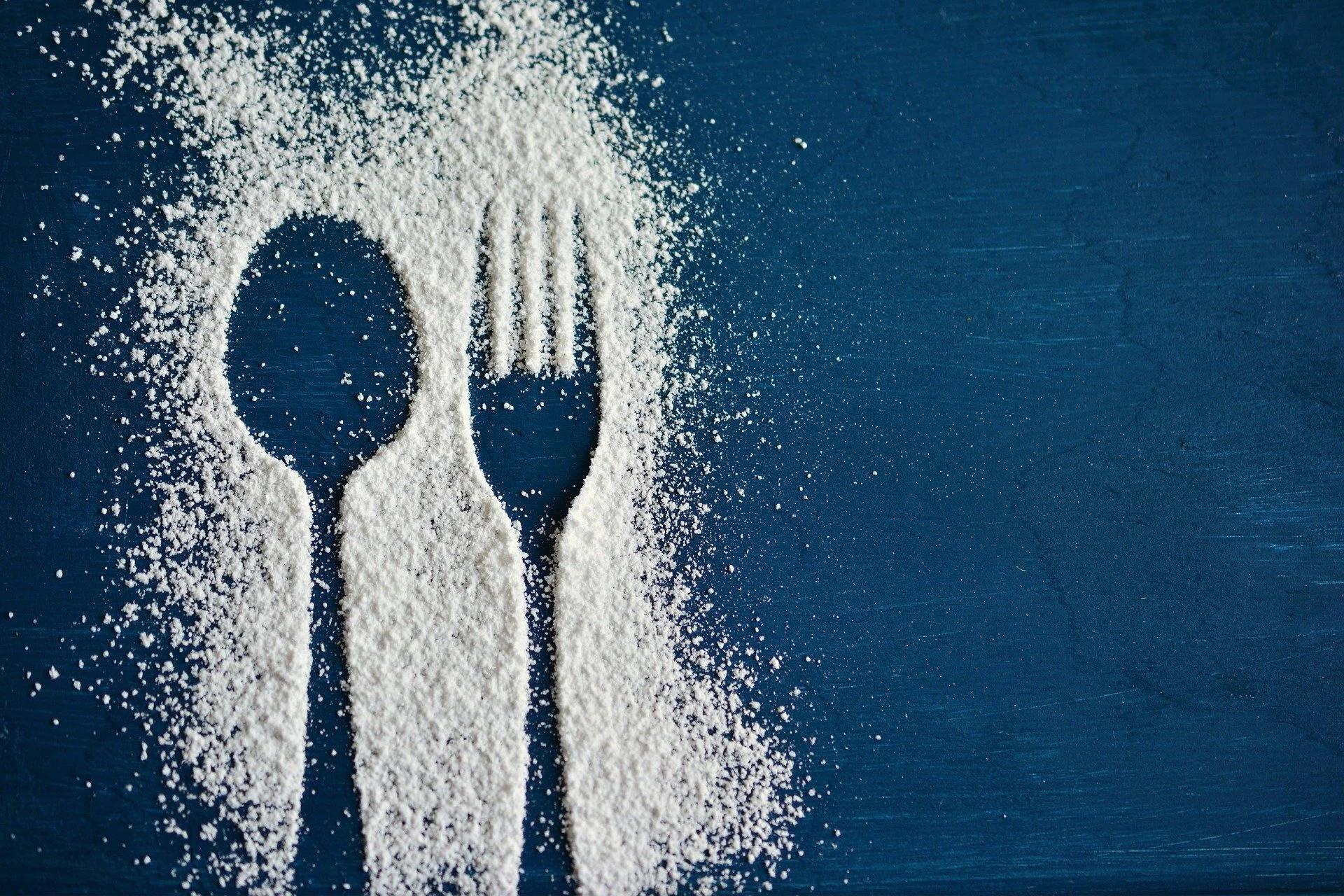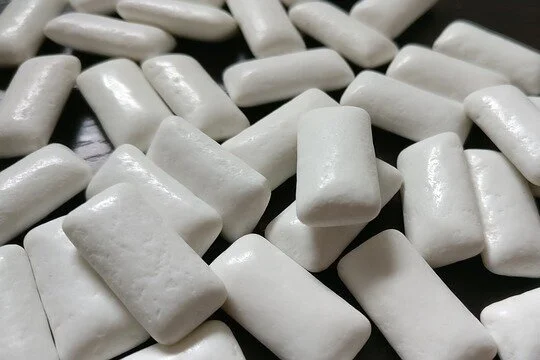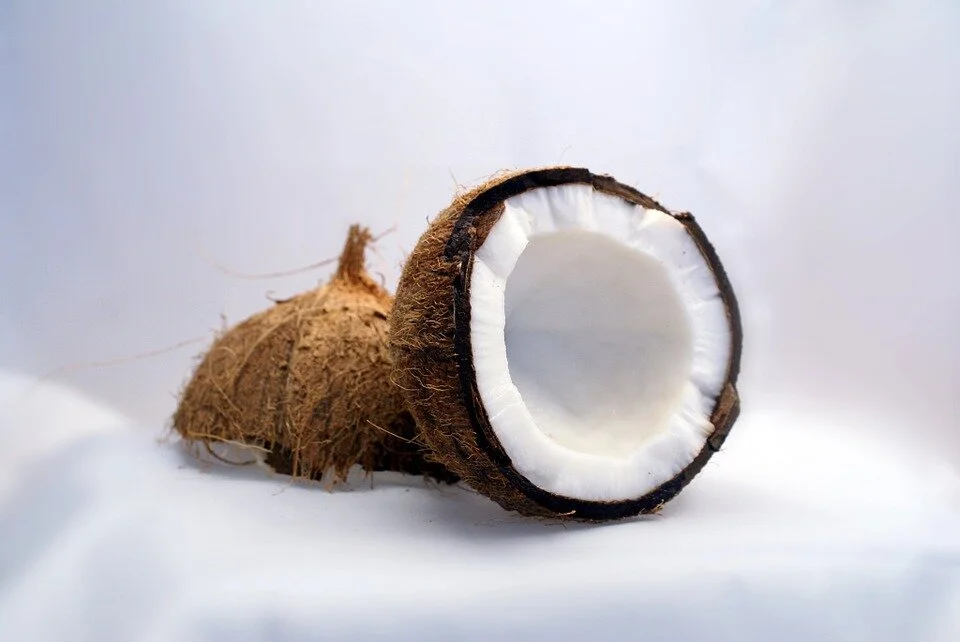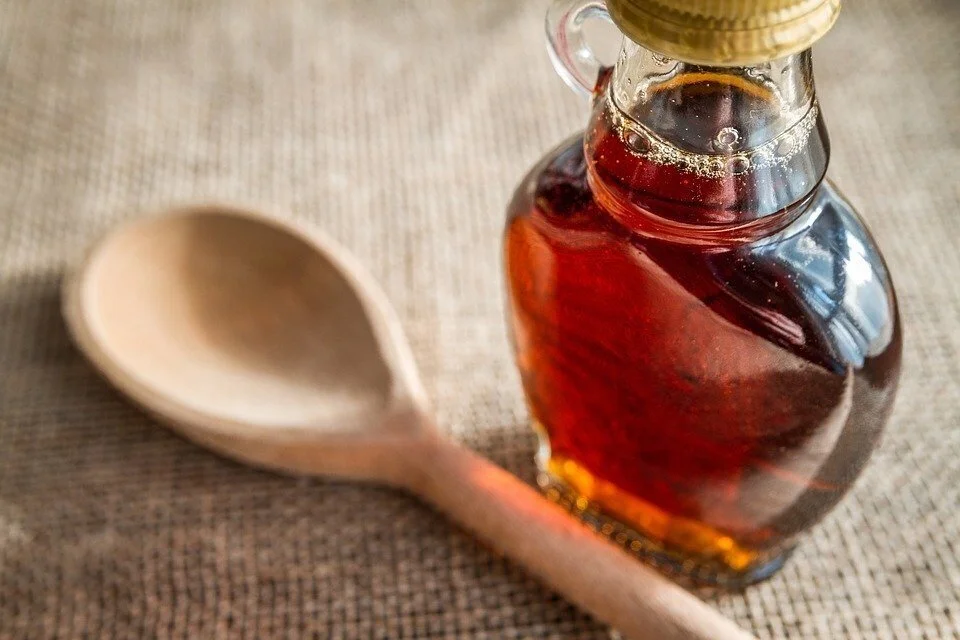Sweeteners on Keto Guide: The Best and The Worst
There is nothing wrong with wanting to add a little bit of sweetness to your meals. Especially if you have a sweet tooth or are just craving something sweet so now and then at special occasions. Particularly at the beginning of your keto transition, cutting down your sugar intake may be quite difficult and intense, which is more than understandable. So adding some sweeteners is one way to make this a bit easier. Having said this, as there are so many options for sweeteners, it is important to know which ones are acceptable and which ones are better to just avoid overall.
Glycemic Index and Glycemic Load of sweeteners
The most important thing to keep in mind is the glycemix index and glycemic load of different sweeteners. Ever heard of the Glycemic Index (GI) of certain foods? If you have not: the GI basically explains how carbohydrates in certain foods affect your blood sugar levels. It is a tool to measure how slowly or how quickly those foods cause increases in blood glucose levels. If the GI level is below 55 then it is absorbed and metabolised slowly resulting in slower rise of blood glucose levels and therefore also insulin levels. Anything above this (the higher the GI, the more the rise in blood sugar will be) will spike the blood sugar level and hence also the insulin levels. In the chart below you can see what the GI of the sweeteners are.
The glycemic load (GL) is an equation that takes the planned portion size into account, plus the glycemic index of a particular food product. To illustrate: a large amount of a low glycemic index food product can increase your blood sugar as much as a small amount of a high glycemic index food.
Keto sweeteners you can use
So let’s start on a positive note; what is still completely fine while eating keto. The following sweeteners are low in glycemix index and glycemic load and low in carbohydrates.
Allulose
Erythritol
Monk fruit
Stevia
Xylitol
Allulose
Allulose is similar to erythritol since it is a sweetener which has 70% of the sweetness from sugar and has almost zero calories and no glycemic index. It is a great alternative to sugar on keto because it has little effect on blood sugar and insulin levels. Although the molecule is almost identical to fructose, the body cannot metabolize allulose and therefore this sweetener passes directly into the urine so that sugars that are present cannot be absorbed. Some research even suggests that this sweetener lowers the blood-sugar and insulin levels . Allulose is derived from wheat, some fruits and sugary sweeteners. The only disadvantages to this sweetener are the price and availability. It is recognized to be safe in the United States, but not allowed yet in Europe since it is a relative new sweetener.
Erythritol
Erythritol is a sugar alcohol and comes from fruits, fermented foods and vegetables. Sugar alcohols, or polyols, are types of sweeteners and are naturally found in berries and fruits but can also be made from other sugars. Sugar alcohols don’t raise blood glucose levels as much as other sugars and don’t stimulate the secretion of insulin (1). They are only partly and slowly absorbed by the body as whatever doesn’t get absorbed by the small intestine moves further to the large intestine. Erythritol contains almost 0 calories per gram and is completely safe to use as a sweetener. Although this negligible amount of calories, it still has 70% of the sweetness from sugar yet a Glycemic Index of 0. Erythritol does not spike your blood sugar levels nor your insulin levels. Your bloodstream absorbs around 90% of the erythritol you consume. The remaining 10% goes down to the colon, in undigested form. Be aware of using too much of this sweetener since it may cause digestive upset when you eat it in high quantities (2).
Since erythritol has the same structure as normal sugar, it is a perfect ingrediënt to make caramel!
Monk fruit
And last but not least; monk fruit. It comes originally from China and is used to serve as a medicinal fruit. Now it is used as a keto friendly sweetener which is 100 - 250 times sweeter than sugar and has a Glycemic Index of 0 (5). Monk Fruit is allowed in US, but not yet in Europe.
Stevia
Stevia is actually an herb and has a sweetening taste about 200-300 times more than sugar. It comes in many different forms but, if possible, get the liquid stevia drops instead of the powder form. Occasionally there may be some other commercially highly processed sweeteners mixed in with the powder form which are not suitable for keto eaters! Also make sure you buy the right stevia form, since there are a lot of fake ones available on the market that actually do increase your blood sugar levels. So look for the green leaf stevia or pure extract stevia.
Xylitol
Xylitol is also an (but not preferable) option when choosing sweeteners and you probably know this sweetener from chewing gum. This is a sugar alcohol processed from fruits and vegetables and almost as sweet as table sugar but with half the amount of calories. Humans even produce small quantities of it via normal metabolism. Xylitol contains 2.4 calories per gram and has a minor impact on blood sugar levels when consumed in small amounts. Because xylitol is a refined sweetener, it does not contain any vitamins, minerals or protein. In that sense, it provides only empty calories. The Glycemic Index is 13 and only 50% is absorbed by the digestive tract. Therefore, when eating an extensive amount of it, it could lead to some negative side effects such as gas, digestive discomfort and may even lead to laxative effects (3, 4).
Non-keto sweeteners
Now that we have discussed what sweeteners we can have, let’s also discuss the sweeteners that are not so suitable on your keto journey.
Agave syrup
Aspartame, high-fructose corn syrup, maltodextrin, saccharin and sucralose
Coconut sugar
Honey
Maltitol
Maltodextrin
Maple syrup
Saccharin
Sucralose
White sugar / table sugar
Agave syrup
Agave syrup is probably the sweetener that looks natural but which is not as healthy as you might think. It contains 1.5 more calories than sugar and consists of 90% fructose! So an overall no-go to use as a sweetener since it spikes your blood sugar levels.
Aspartame, high-fructose corn syrup, maltodextrin, saccharin and sucralose
It is probably a no-brainer why you should skip these sweeteners at all cost. They are extremely artificial, and can cause different health issues. For example, aspartame can behave as a neurotransmitter in your brain and therefore kill healthy neurons. High-fructose corn syrup (HFCS) has a reputation to be actually worse than table sugar and increases your blood sugar levels and insulin levels. In many products (especially in the United States), sugar has been replaced with. Maltodextrin is made from stach and mostly GMOs which has been linked to a number of health issues. Saccharin once carried a label warning that it may be hazardous to your health. Sucralose is known as “Splenda” and is commonly seen on tables in little yellow packets. Did you know sucralose is made from sugar?!
Coconut sugar
Just like honey, coconut sugars come in the form of fructose, which you, not only on a keto lifestyle, want to avoid as much as possible.
Honey
Honey, especially the processed kinds, contain a lot of carbohydrates (in the form of fructose), and often contains added sugars. Raw honey may contain a bit less as there is no sugar added, however this is still high in carbohydrates. Therefore honey is on the avoid list for a keto lifestyle.
Maltitol
Maltitol is present in many sugar-free products. While maltitol is a sugar alcohol which contains fewer calories than sugar and a slightly lower glycemic index, it is a very artificial sweetener made from maltose. This is the same base for another popular sweetener namely maltodextrin. The glycemix index is still 52 and therefore can spike your blood sugar and insulin levels.
Maple syrup
This sweetener comes from the maple tree sap. It does contain minerals like zinc and magnesium. That being said, it is still a risky sweetener to consume on keto because of its carbohydrate content and high glycemix index. As a result, it raises your blood sugar levels and spikes insulin levels.
White sugar
Sugar is pretty self explanatory … full of carbs, it has a high glycemic index and load, raises your blood sugar and insulin levels, stimulates fat storage, works addictive, can cause acne and much more ... Enough reasons to avoid it as a sweetener!
Keto and non-keto sweeteners: an overview
Reading all of this may seem quite overwhelming, so I have put it into a small overview for you (the self-evident artificial ones are not present). As you can see, the GI levels under the ‘Go’ column have a significantly lower level of GI than the ‘No go’ column. You also find a column with some links to a recipe in which you can use the sweetener.
Go!
Stevia
GI: 0
200 - 300 x sweeter than sugar
Erythritol
GI: 0
70% as sweet as sugar
Allulose
GI: 0
70% as sweet as sugar
Xylitol
GI: 13
Almost as sweet as table sugar
Monk fruit
GI: 0
100 - 250 x sweeter than sugar
No go!
White sugar
GI: 68
Honey*
GI: 50
* Picture from Marco Verch. License Creative Commons 2.0
Coconut sugar
GI: 35
Maple syrup
GI: 54
Agave syrup
GI: 15
In between sweetener: inulin
Inulin has a Glycemic Index of zero and only 35% of the sweetness of sugar. So it might sound like a great option on a keto diet. Mixed with other sweeteners like stevia or erythritol, it improves the flavour and aftertaste of products. Some studies have even shown inulin might improve digestive health and optimize cholesterol levels. However, when inulin degrades into smaller fructose chains when it is exposed to temperatures higher than 135 degrees Celsius. This won’t spike blood sugar but it will impair ketone production.
So, use inulin only so now and then on low temperature to mix into other sweeteners if you want to reduce aftertaste and improve flavour.
Recipes with keto sweeteners
Put this theory into practice with the following delicious recipes:
To sweet or not to sweet?
Having a sweet-tooth or experiencing a sweet craving is not a negative thing. However, it may be confusing wto figure out which sweets are acceptable on keto and which are better to skip. With this overview, you will hopefully not longer feel confused but inspired to use these acceptable sweeteners in your own creative way.
Are you looking for a way to completely cut out sugar? Read our beginner's guide to start cutting out sugar!
Do you use these sweeteners on your keto lifestyle?
Let us know and share your tips/tricks below in the comments.
Sources
Branko. How To Make Your Keto Diet Sweeter [Internet]. Keto Summit. 2019 [cited 2019Dec1].
Erythritol — Like Sugar Without the Calories?
Ciccarelli L, Godinez B, Ziedman E, Gustin A, Ziedman E. What Are Sugar Alcohols and Are They Good For Your Keto Diet? [Internet]. Is Sugar Alcohol Keto? Is It Good For Your Keto Diet? 2019 [cited 2019Dec2].
Xylitol: Everything You Need to Know
Clarke C. Keto Sweetener Guide: Best & Worst [Sucrolose, Stevia, Erythritol] [Internet]. Ruled Me. 2019 [cited 2019Nov18].
http://www.sugar-and-sweetener-guide.com/glycemic-index-for-sweeteners.html
Livesey, G. Health potential of polyols as sugar replacers, with emphasis on low glycaemic properties. 2003. https://pubmed.ncbi.nlm.nih.gov/19087388/

